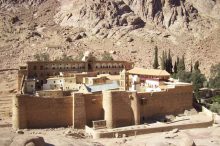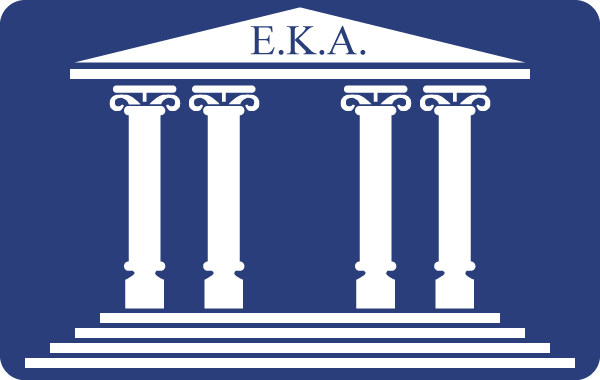Tag: Egypt
-

Egypt: A champion prepares for the Paralympic games
Ibrahim Hamato was 10 years old when he lost his arms in a train accident, despite that he has become a champion table tennis player and helped change the perception of disabled people in Egypt. Now aged 41 he has qualified for the Rio Paralympic Games, to be held from 7 to 18 September. Hoping…
-

Egypt Government Approves Five Oil And Gas Exploration Deals
Egypt’s government has approved five oil and gas drilling and exploration agreements with foreign companies, Petroleum Minister Tarek El Molla said on Wednesday. Once an energy exporter, Egypt has turned into a net importer because of declining oil and gas production and increasing consumption. It is trying to speed up production at recent discoveries to…
-

UCLA Library to offer digital images of rare ancient manuscripts in Egypt
St. Catherine’s Monastery, a UNESCO World Heritage site that’s located on rugged terrain at the foot of Mount Sinai in Egypt, houses the oldest continually operating library in the world, containing ancient and medieval manuscripts second only to those held by the Vatican Library. These remarkable manuscripts, which delve into subjects ranging from history and…
-

Mohamed Ihab Wins Egypt’s Second Medal at Rio Olympics
Egyptian weightlifter Mohamed Ihab won Egypt’s second medal at the 2016 Rio Olympics in the 77kg men’s weightlifting event. Ihab, who managed to lift 361kg, came in third place, scoring Egypt’s second bronze medal of the day and of the Rio Olympics. The Egyptian bronze medalist came third after Kazakhstan’s Nijat Rahimov and China’s Lu…
